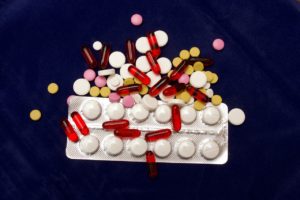
When the Medicare prescription drug benefit begins in 2006, it will provide the most help to those with the greatest financial and medical need. Over 14 million Medicare beneficiaries-those with the most limited income and assets -can get significant financial help from the government to pay for their medicines.
The 6.4 million beneficiaries who have both Medicaid and Medicare have their prescription needs covered currently by Medicaid. In 2006, they will be automatically moved to Medicare for their prescription coverage.
While those with limited resources have their medical needs covered by Medicaid, many of the remaining eight million low-income beneficiaries (those with income below $14,355/individual or $19,245/couple) are without prescription drug insurance. The Medicare drug benefit and the financial “extra help” are predicted to be a huge relief for these beneficiaries. With the “extra help,” they will have little or no premiums and deductibles, as well as minimal co-payments for their medications.
The financial need for these eight million low-income Medicare beneficiaries is clearly apparent, but what may be less obvious is the medical need they face. They are more likely to suffer from chronic conditions such as diabetes or heart disease than those with higher incomes, and they are more likely to have more than one chronic condition. With this medical burden, access to prescription medications can make a real difference in their health.






